Cybersecurity as a theme1 has gained a solid 10.5% over the last quarter to 31 August 2021 (vs 5.5% for the S&P500 Index), and is up about 23% from 13th May – 31st August. By comparison, the broader S&P500 Index has returned 10.5% over the same period.
This recent outperformance comes on the back of several companies that have already reported results, giving positive forecasts more broadly. Within the theme, Palo Alto Networks, a company that provides advanced firewalls and cloud-based solutions, has been one of the strongest performers, seeing its shares rise by 42.4% from 13th May – 31st August, driven by stronger than expected earnings in recent quarters.
A niche player, Palo Alto looks set for strong growth, with 26% increase in billings while it closed out its fiscal 2021 in July, with full year profits and revenue also up 28% to $1.2billion, - not bad for a company many people aren’t following closely.
As both the private and public sectors rally to create new cybersecurity regulations and corresponding investment, 2021 is shaping up to be an interesting year for cybersecurity, a theme which is already reaching record highs.
1Nasdaq CTA Cybersecurity IndexSM
Important Information
This financial promotion is issued by First Trust Global Portfolios Management Limited (“FTGPM”) of Fitzwilliam Hall, Fitzwilliam Place, Dublin 2, D02 T292. FTGPM is authorised and regulated by the Central Bank of Ireland (“CBI”) (C185737). The Fund is also regulated by the CBI.
Nothing contained herein constitutes investment, legal, tax or other advice and it is not to be solely relied on in making an investment or other decision, nor does the document implicitly or explicitly recommend or suggest an investment strategy, reach conclusions in relation to an investment strategy for the reader, or provide any opinions as to the present or future value or price of any fund. It is not an invitation, offer, or solicitation to engage in any investment activity, including making an investment in a Fund, nor does the information, recommendations or opinions expressed herein constitute an offer for sale of a Fund.
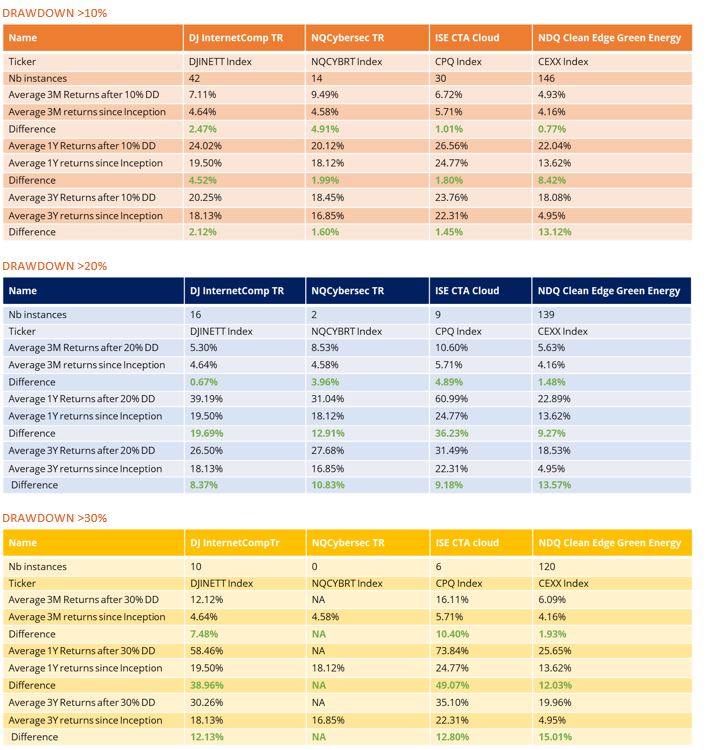
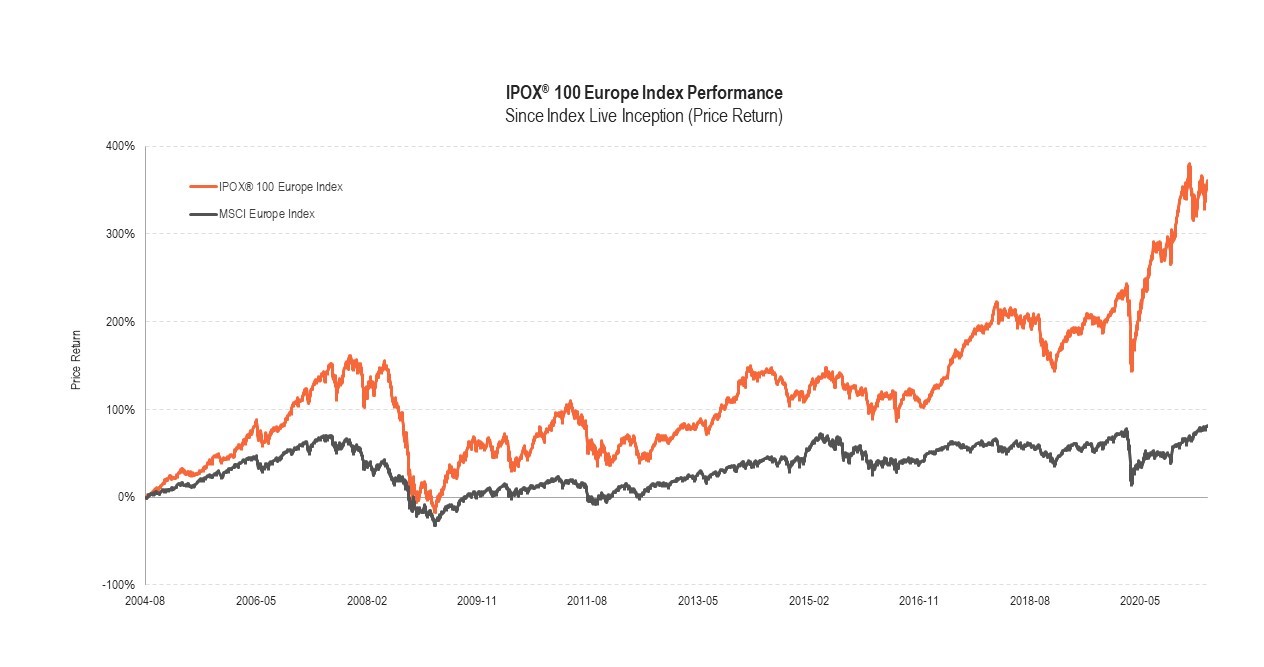
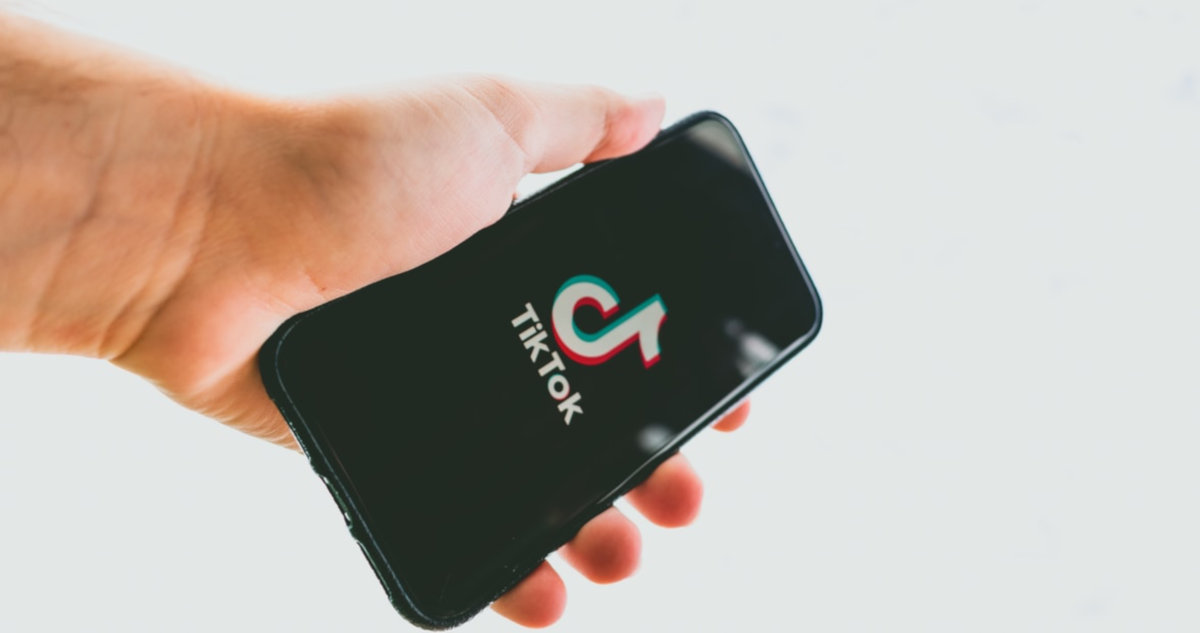

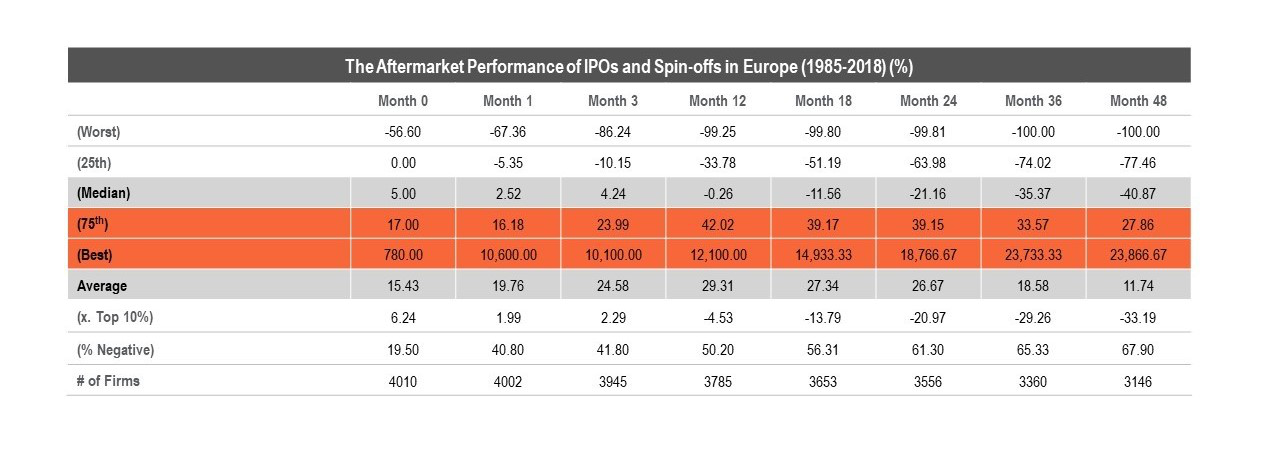
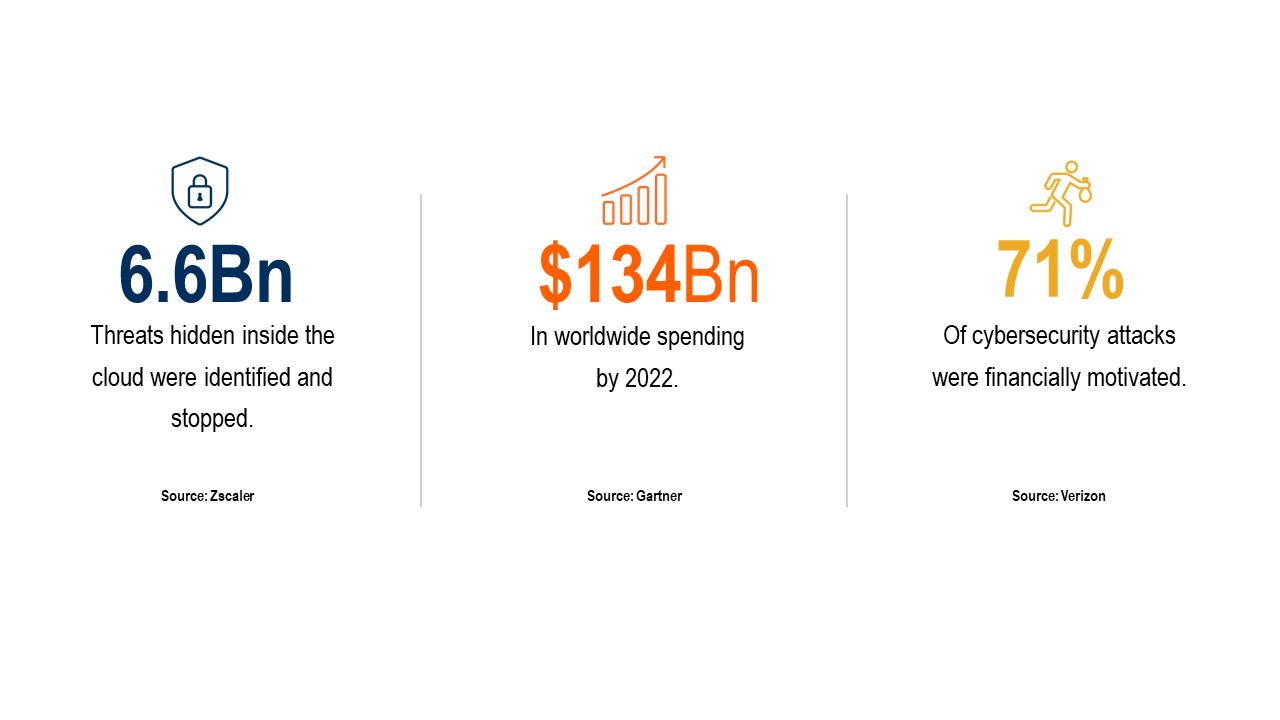


Share